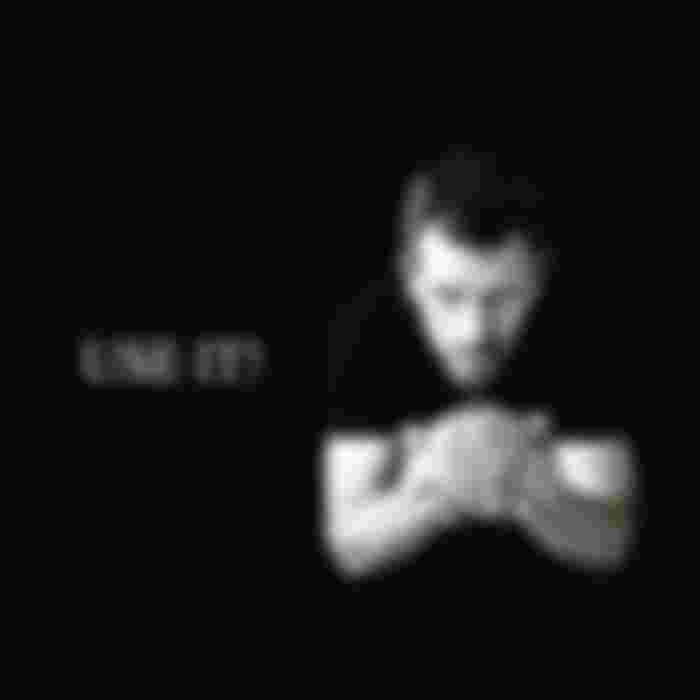“Pain encourages a person to think. Thought makes a man wise. Wisdom makes life bearable. ” John Patrick
How many times do you find yourself in a hopeless situation, do you think that you need someone wiser who would know exactly how to solve a given problem with the least damage and consequences ?! Often the ancients would say "the one on the hill sees better than the one under the hill". So you don't have to be hasty. Wait for the dust to settle and the passions calm down, make a plan and solve the problem.
Smart perception of a situation or problem enables smart action, and the best way to avoid the trap of excessive emotional input and hasty actions is "ileism" - a side view.
How someone will decide to react in an important situation depends primarily on how they perceive it, that is, understand and evaluate it. What we can call "wise action" stems from previous "wise thinking."
The wise differ from the others precisely in the "breadth" and "depth" of the picture they have of a given situation or problem. When we say “breadth” we mean that they perceive a situation or problem taking into account many more elements, a broader context, than others do. When we say "depth", it means that they are trying to see the consequences of their own actions for themselves and others. In addition to the possible short-term consequences, they try to predict those that are more distant in time. It's like when a chess player thinks five moves in advance. This "broader and deeper" view of the situation or problem helps them to better assess which actions would have negative consequences and which would be useful.

The error of overestimated importance
If wisdom is related to "breadth and depth", its opposite is related to the "narrowness" and "shallowness" of thinking, and then of acting. The most common reason why people lose the "breadth" of perception is their unpleasant emotions. As it is known, they appear when a person assesses that something important is happening to him, and the more he assesses that it is more important, the stronger his feelings are. Unpleasant feelings are an internal signal that there is a problem, and that signal requires other mental functions to focus on the task of solving an important problem.
Thus, the nature of unpleasant feelings is such that it directs a person's consciousness to a problem that he has assessed as important. In affect, that is, very strong feelings, the focus of consciousness can be in the form of "narrowing of consciousness" when a person completely mentally writes off other aspects of the situation and the consequences of their actions, so that he does what he will, when he "expands and deepens" understanding , feel sorry.
This leads us to another characteristic of wise people, and that is that based on a good assessment of what is happening and what could happen, they better assess how important what is really happening is. In other words, they do not make the mistake of overestimating the situation, which is why their emotions are more moderate, in accordance with the assessment, so that their mental processes are not disturbed by overly strong emotions. And when they judge that they are too excited, knowing that strong emotions have a bad effect on the assessment, they postpone their decision according to the principle: Morning is smarter than evening.

Relocation to the "third person"
It is known that wisdom is attributed to older people. This is completely correct because living life is a kind of constant learning, gaining knowledge, experience, getting to know yourself and others, realizing how important things really are, etc. While this is probably statistically true, it does not mean that all the elderly are wise and that all the young are the opposite.
The question that arises is whether there is a way to increase the level of wisdom in younger people as well. It has been shown that a fairly simple mental technique can be a significant step in that direction. The point is that when people think about the problems that plague them, they start thinking about themselves in the third person. This means that instead of thinking or saying: This and that happened to me, they say: To Him, this and that happened to her. This technique also has a name, ileism, which originated from the Latin Ille, he or that.

What happens when someone starts thinking about themselves and the events in their life using a third person? For example, during an argument with a partner, the person is in his experience of the situation and is mostly aware of the partner and his actions. When, after an argument, he mentally "moves out of himself" and sees the given argument "from the side" from the so-called meta-perspective, "seeing" him and her arguing, the person becomes much more objective because he sees much more than he can when he sees " from myself ”. In addition, seeing "from the side" allows her to distance herself from her emotions in a given situation. That is why this simple technique helps her to "expand the picture" and to better understand the problem, which will positively affect her further actions.

Research has shown that those who think and talk about their life situations in this way for four weeks really increase their wisdom index. That is why school-age children should be taught ileism.
The photos used in this article are taken from the site www.google.com
Source: Zoran Milivojević, Formule življenja, "Treniranje mudrosti", Beograd 2019.




As Hermann Hesse said "Yesterday I was smart. That's why I wanted to change the world. Today I'm wise. That's why I'm changing myself." Good article, thank you.